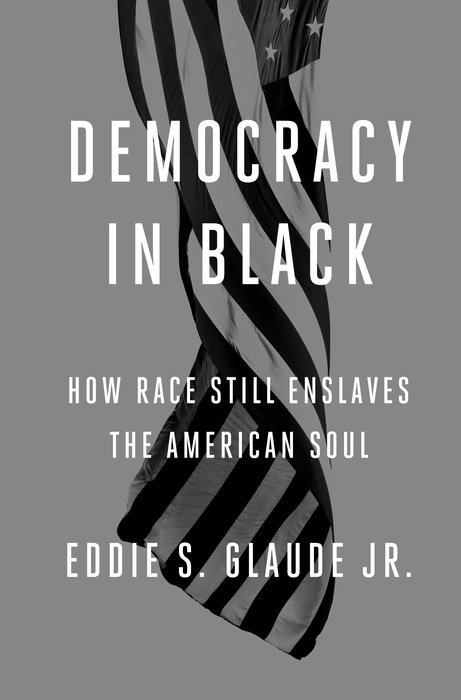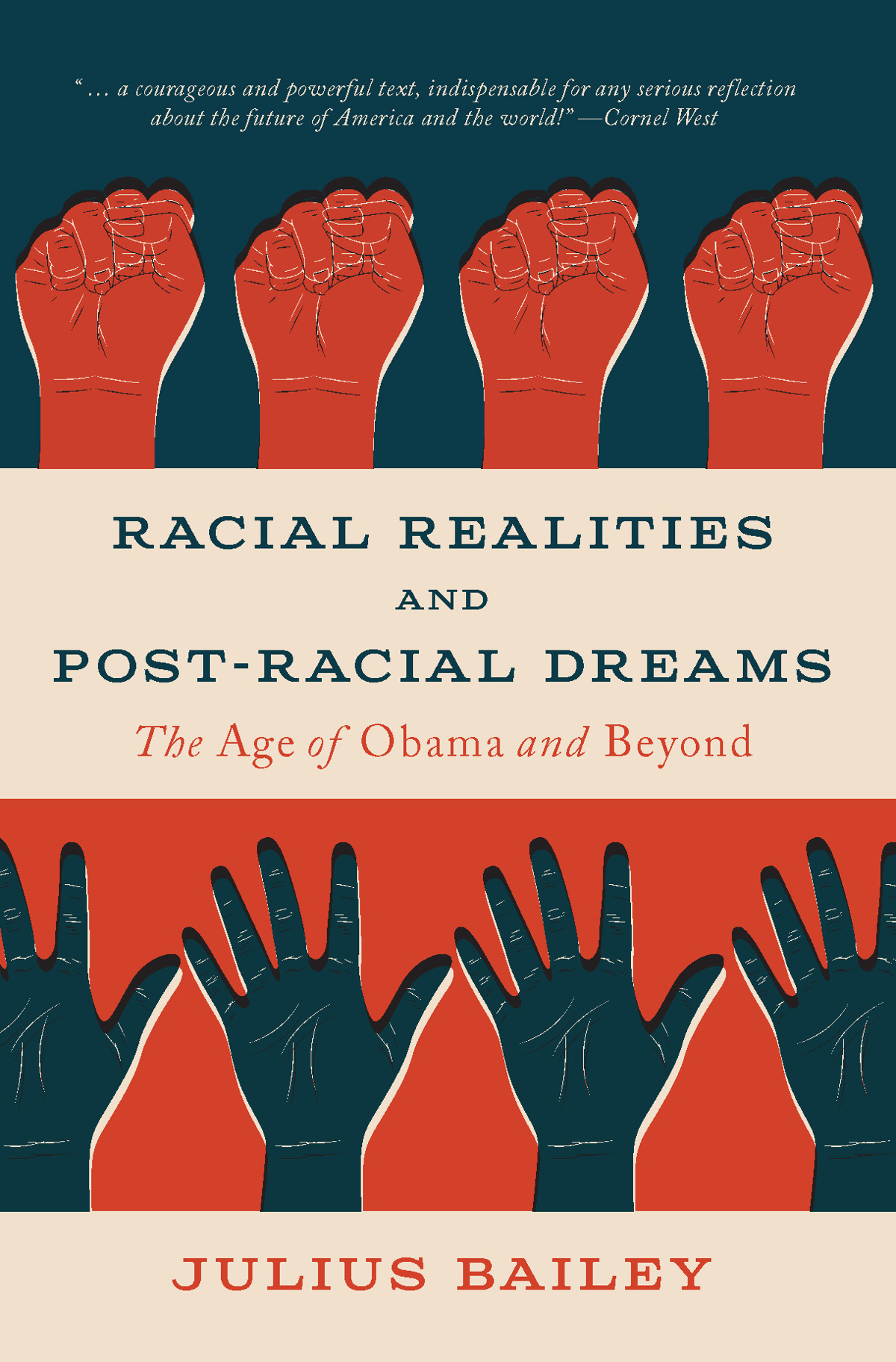Ladies and Gentlemen, (Is This) The Next President of the United States(?)
Vibe Magazine
September 2007 (Volume 15, Number 9)
pages 172-181
Jeff Chang
Can the freshman senator from Illinois stick to his ideals and still become the first man to rock Air Force Ones on Air Force One? We’re entering the most hotly contested election of our lifetime. It s time to decide. Is Barack Obama our man?
On a Tuesday afternoon in May, the lines fora Barack Obama rally are as long as they would be for the rock concerts that are the normal fare here at the Electric Factory, a vast, converted warehouse in North Philadelphia. Even for this mixed city, the crowd is stunningly cosmopolitan. The orderly line includes a coed reading The Bookseller of Kabul, South Asian engineering majors from the New Jersey Institute of Technology, Arab-American law students from the University of Pennsylvania, veteran activists from the National Hip-Hop Political Convention in crisp suits, community organizers in ACORN T-shirts, youngwhitc, black, and Latino parents with kids in strollers, elderly people in wheelchairs, and everywhere, high schoolers —some sporting HOT CHICKS DIG OBAMA buttons, some from North Philly in their school uniforms, others from South Jersey in Abercrombie & Fitch, drawn like the faithful to Mecca.
They have all donated $25 to $50 — star prices for the B-Rock — to be, in Common’s words, ignited. Obama pitches himself as the candidate of change, and many here hope he can turn around a nation polarized by George W. Bush, war, the economy, race, religion, political parties, and even hip hop.
Beverly Washington from the Mount Olivet Tabernacle Baptist Church is wearing her red Sunday power worship suit and gripping her varnished brown cane. Four generations from her congregation have come on buses. The last time she felt this good about politics was two decades ago. “Jesse was real. But now Barack is coming,” she says. “He’s fresh, he’s new, he’s inspiring.”
Carmen Mitchell, 14, got her cousin Anthony Lewis, 17, to ask his mom to write them fake doctor’s notes that morning. They dressed in their summer-bright polos, grabbed their black D&G stunna shades, and skipped classes to catch a train from the boondocks of Conshohocken. Then they hiked two miles from 30th Street Station to be the first in line at their first political rally. They want the wars in Iraq and in their old West Philly neighborhood to end. “He makes us feel like he’s really talking to us,” Carmen says.
Obama arrives backstage, a retinue of Secret Service agents trailing behind. He introduces himself to the employees, looking them in their eyes. On the decks, King Britt cues Aretha Franklin’s “Think,” and she wails, “Oh, freedom! Freedom!” Now it really is Obama time. This crowd of 3,000 isn’t the biggest he has seen — there were 12,000 in Oakland, 20,000 in Atlanta and Austin — but as he ascends to the stage, it is deafening. “Spring is here in America,” he says in his soothing baritone. “It’s time for us to renew the spirit of America, and that’s what this campaign is all about.”
When he first ran for state office in 1996, Obama continues, “People would say to me, ‘You seem like a nice guy.’” The crowd laughs. “‘You’ve got a fancy law degree. You could be making a lot of money. You’ve got a beautiful family. You’re a churchgoing man. Why would you want to go into something dirty and nasty like politics?’” Obama talks slowly, as if he’s unsure whether he’s really made up his mind, and when he has an opportunity to go hard, he often gets complicated instead. But while his voice is doing one thing, his body is doing another. He carries his slim 6′ 2″ frame with a hint of streetball swagger. And when he comes to a money line, he holds his position like he’s daring you to charge. His is the opposite of in-your-grill. Obama’s game is finesse.
“We feel as if we can’t make a difference, and so half of us don’t even vote,” Obama says, to swelling cheers. “This nation is founded on a different tradition.” he says, his voice rising, “a very simple idea that we all have mutual obligations toward each other, that we all rise and fall together, that we can value our individualism and our self-reliance, but ultimately we have to lift up this idea that we are connected. And if there are children in Philadelphia right now that are killing each other and shooting each other, and without an education and dropping out, that impacts all of us.”
The crowd goes bananas.
When he’s done, he comes offstage to shake hands, followed by the men in headsets. A throng of bodies push toward the barriers. People hold up copies of his 2006 book, The Audacity of Hope (Crown). An elderly black woman fights back tears. Carmen and Anthony reach out to clasp his hand. Aretha sings, “You need me…and I need you.”…
…Obama’s “blackness” has also come into question. “Obama isn’t black,” Salon.com columnist Debra Dickerson wrote. “‘Black,’ in our political and social reality, means those descended from West African slaves.” The debate exposed fears that a discussion about race that expands to include immigrants of color and their descendants might thwart continuing attempts to address the terrible legacies of slavery. And could someone who grew up in Hawai’i and Indonesia really be “black?” Obama’s Southside-for-life wife, Michelle, plays this line for laughs on the campaign trail when she talks about her first impressions of him: “I kind of thought any black guy who was raised in Hawai’i had to be a little off!”
“We as a culture are still confused about race,” Obama says carefully. “There’s this assumption that there’s only one way of being black. That if you are not conforming to a certain pattern of behavior, that somehow you may not be authentic enough. And those of us in African-American culture know that there’s as much diversity in the African-American community as there is in any other community.”
Some took just one look at him to make up their minds. On May 4, CBSNews.com disabled all user comments on its articles about Obama because the Web site was receiving too many racist posts. That same month, he was granted full Secret Service protection, the earliest ever for a presidential candidate who had not previously served — for reasons which reportedly include racist emails sent to his office. Only Jesse Jackson Sr., during his 1984 and 1988 runs, required similar arrangements. “He is both black and black enough for whatever individual or individuals unnerved his handlers enough to seek Secret Service protection,” observed Miami Herald columnist Leonard Pitts Jr.: “That’s a truth that cuts the clutter.”
When asked what he thinks of the “Is he black enough?” discussion, Obama grins. Perhaps it’s that bit of Ali in him. “If you go to my barbershop, the Hyde Park Hair Salon, 53rd Street on the Southside, and you ask my guys in there, people don’t understand the question,” he says. “But it’s something I worked out a long time ago. I know who I am. My friends, my family, my constituency know who I am, and by the time this campaign is all over, America will know who I am.”…
Read the entire article here.







